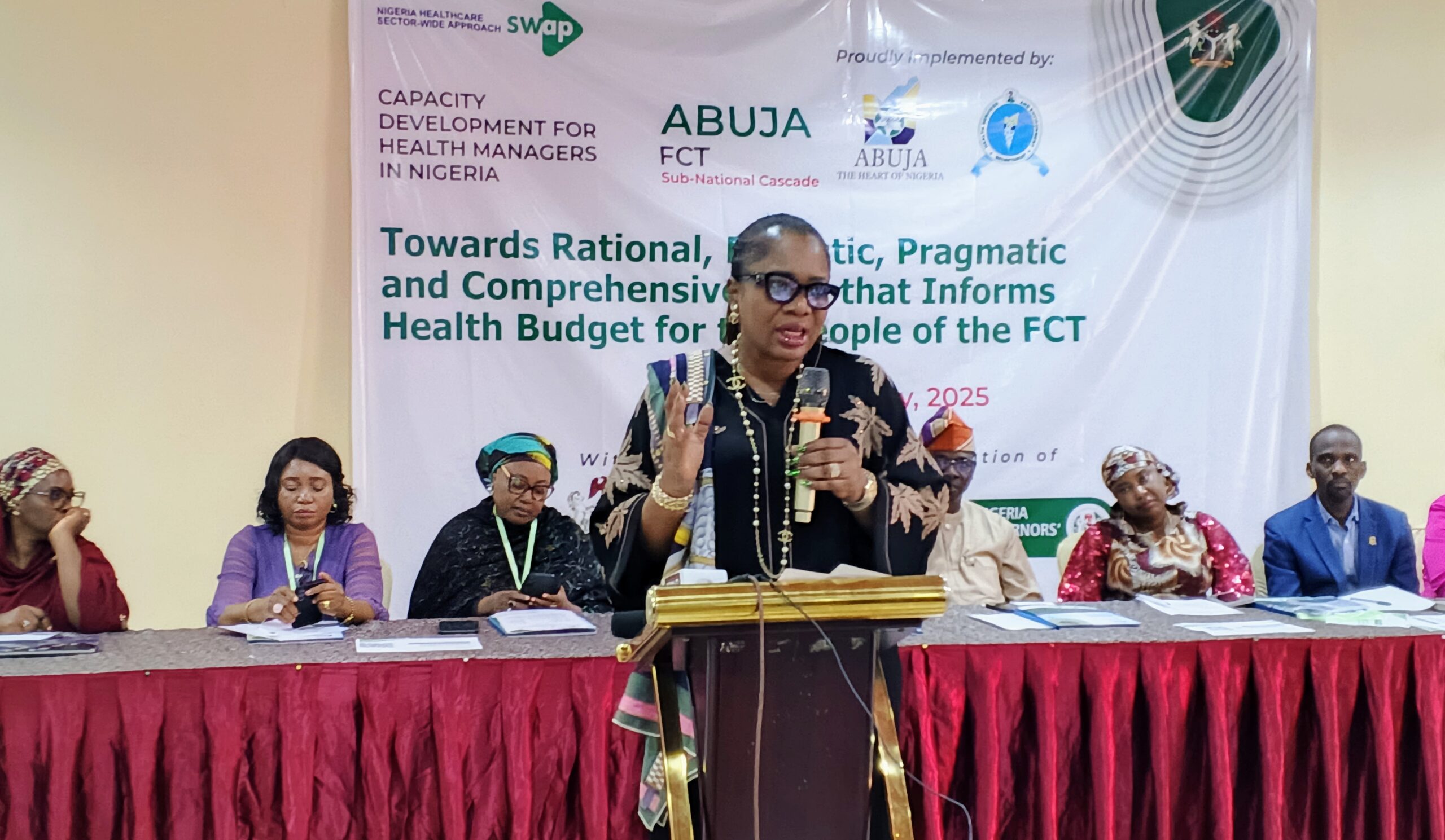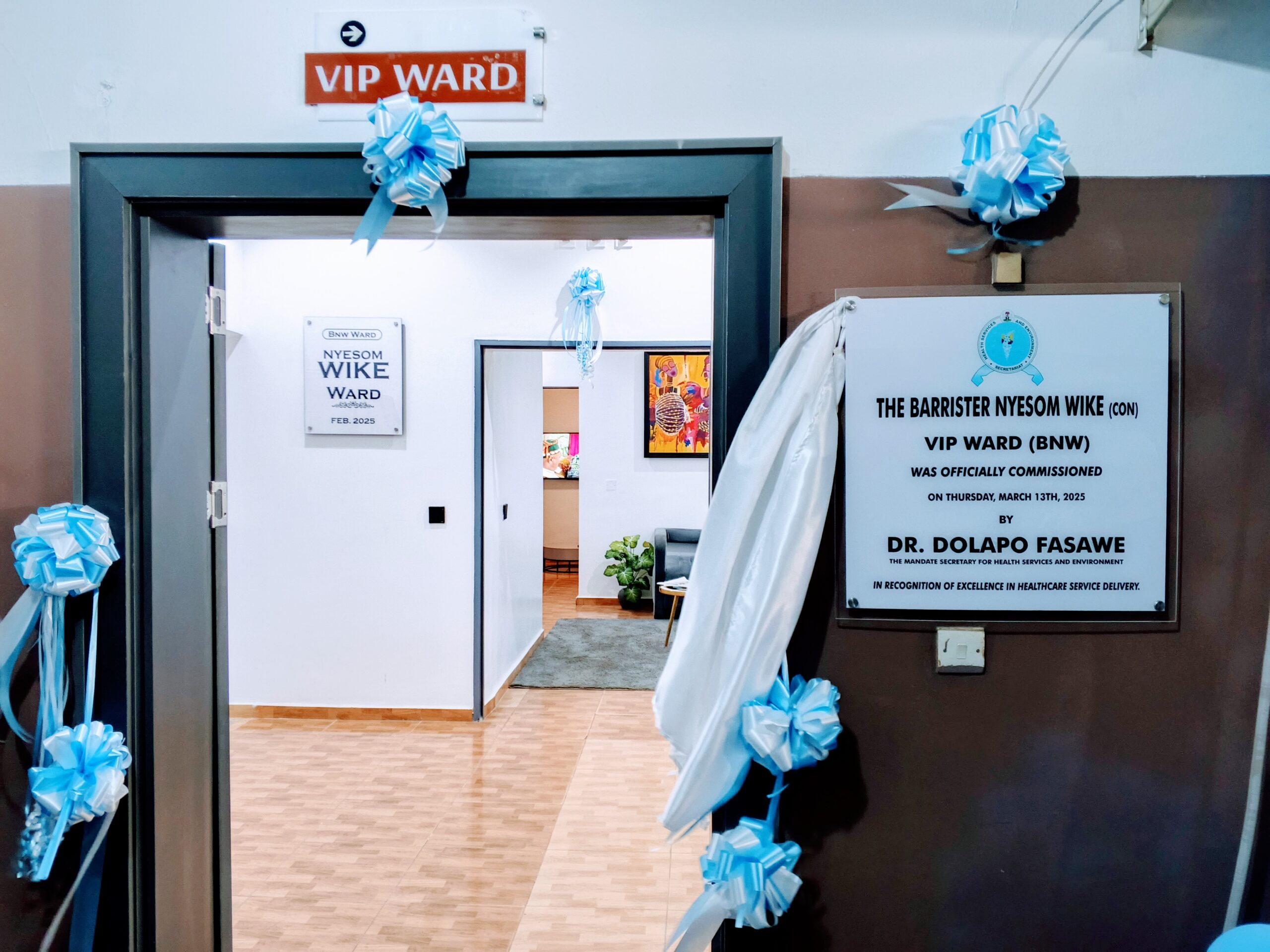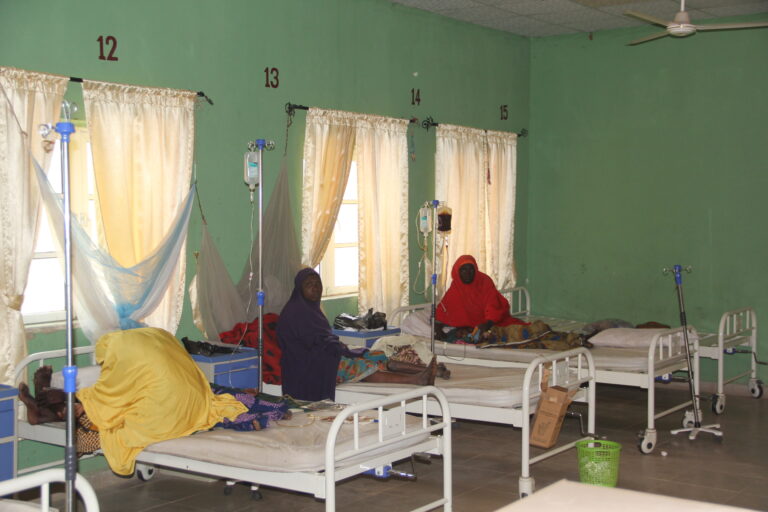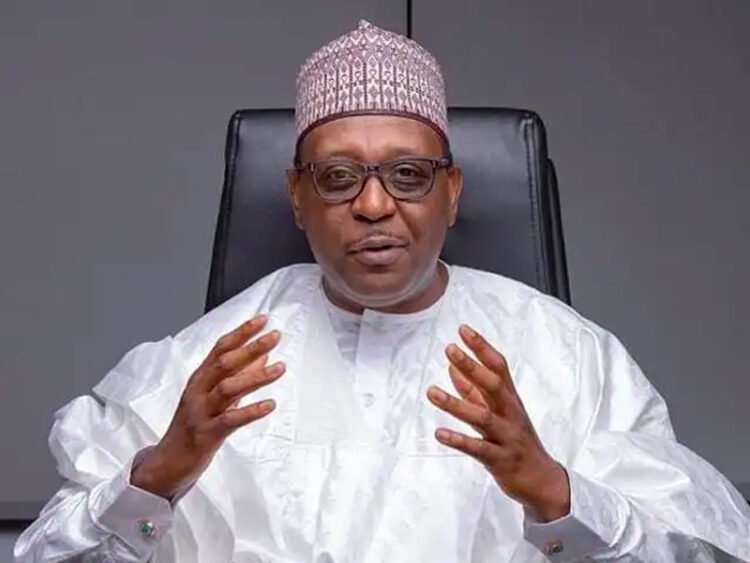FCTA reinforces commitment to inclusive, effective healthcare mgt.
By Philip Yatai
The Health Services and Environment Secretariat of the Federal Capital Territory Administration (FCTA) has reaffirmed its commitment towards a more accountable, inclusive, and effective health management for quality service delivery.
The Mandate Secretary of the secretariat, Dr Adedolapo Fasawe, said this in Abuja on Wednesday during a capacity development training for health managers in FCT.
Fasawe explained that the training was initiated by the Federal Minister of Health and the Sector-Wide Approach (SWAp) Coordination Office.
She said that the training was part of efforts at leadership health strengthening and planning towards a rational, realistic, pragmatic, and comprehensive plan that informs health budgets for FCT residents.
“This underscores a shared commitment to building a healthier, more resilient FCT, and one that can serve as a model for the nation and contribute to the National One Health conversation.
“The diverse and dynamic territory, where urban pressures meet rural realities, fragmented efforts and siloed planning can no longer support the scale of transformation we seek.
“The SWAp allows us to align donor resources, government policies, and community needs under one cohesive strategy, anchored in the Health Sector Strategic Blueprint.
“It’s about giving our system the structural backbone it needs: better coordination, data-driven decisions, local ownership, pooled funding, and results that speak to real improvements in people’s lives,” she said.
Fasawe stressed that the training marks the beginning of a movement toward more accountable, inclusive, and effective health management.
She added that the training would sharpen essential leadership and technical skills among health managers.
She identified the leadership and technical skills as strategic health planning with a systems lens, use of data to inform decision making, and participatory budgeting and equitable resource allocation
Other areas included monitoring and evaluation for service improvement, stakeholder engagement across sectors and communities, and the new digital Annual Operation Plan (AOP) tool.
“These tools will help us tackle unique challenges in the FCT, from improving referral systems across health facilities to expanding access in underserved settlements and enhancing digital health infrastructure.
“We are not alone in this endeavour. Our progress rests on strong partnerships among area councils, development partners, civil society, and you, our frontline health managers.
“Each of you brings a wealth of experience, passion, and commitment that will shape this transformation.
“Let this training be a place where ideas flourish, innovations are born, and networks are strengthened.
The mandate secretary said that the efforts would transform FCT to “where every health facility delivers quality care, every community feels heard, and every policymaker is guided by evidence and empathy.
“This is not a distant dream; it is a destination within reach, if we work together.
“Let today mark the beginning of a renewed journey – one of leadership, collaboration, and unwavering commitment to health for all,” she said.
Earlier, Dr Teresa Nwachukwu, the acting Director of Health Planning, Research and Statistics, FCT HSES, noted the challenges in the health sector, ranging from poor access to low human resources for health.
Nwachukwu, who is also the SWAp Coordinator, FCT HSES, added that other challenges included weak coordination and poor use of data to inform decision-making.
She described SWAp as a “management approach that aims to build a more cohesive, effective and sustainable health sector”.
She added that the Federal Government was implementing the approach to advance the National Health Act and associated reforms.
Also, the FCT Coordinator, WHO, Dr Kumshida Balami, said that the training was critical as Nigeria takes a transformation journey towards achieving universal health coverage
The workshop signifies a spirit of collaboration, knowledge sharing, innovation, and enhancing the planning process of AOP. (NAN)
Edited by Emmanuel Yashim







 Earlier, the Chairman of the Institute, Dr Hope Uweja, commended the establishment of State Health Insurance Schemes across Nigeria, describing them as key drivers in the country’s pursuit of Universal Health Coverage (UHC).
Earlier, the Chairman of the Institute, Dr Hope Uweja, commended the establishment of State Health Insurance Schemes across Nigeria, describing them as key drivers in the country’s pursuit of Universal Health Coverage (UHC).




